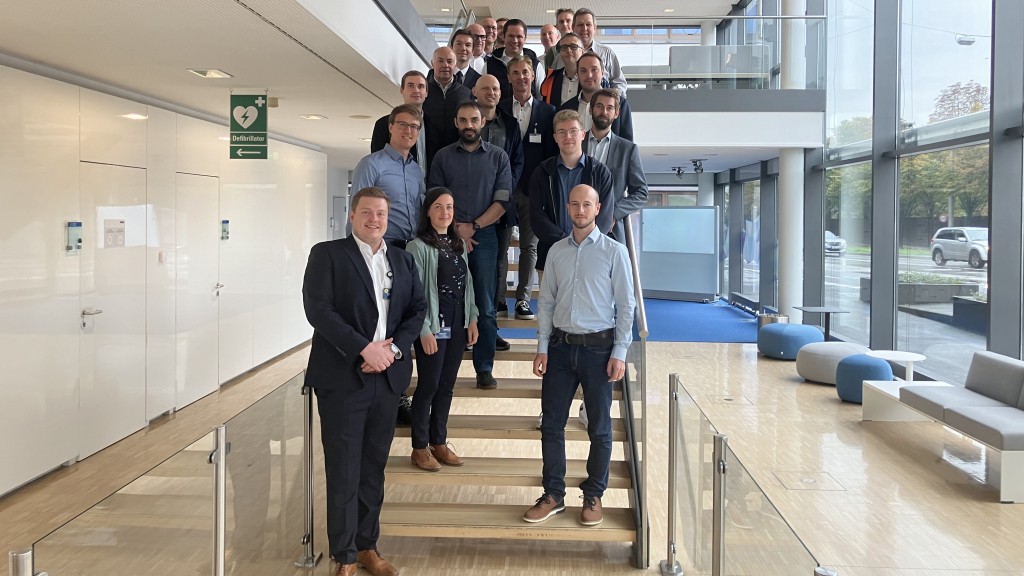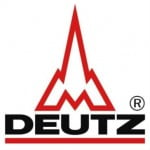PoWer project researches hydrogen’s potential for a climate-friendly combustion engine
The industry and academic partnership will focus on hydrogen's potential for applications in construction and agriculture

The PoWer project aims to explore how hydrogen drives can be used across the full spectrum of applications in construction and agriculture. As the transport sector looks to decarbonize, heavy commercial vehicles and non-road mobile machinery (NRMM) will be a large part of the solution.
As part of these efforts, vehicle and engine manufacturers, suppliers, and researchers have joined forces, and have secured €5.1 million of funding from Germany's Federal Ministry for Economic Affairs and Climate Protection. The product standards authority TÜV Rheinland is also providing support.
A consortium of industry and academic experts
The project is being led by MAHLE, with partners including DEUTZ, Purem, Claas, Liebherr, Nagel, Umicore, NGK and Castrol, as well as Karlsruhe Institute of Technology (KIT), Braunschweig University of Technology, and the German Aerospace Centre (DLR). The project is set to run for three years.
"At DEUTZ, we have already developed and unveiled a production-ready hydrogen engine — the TCG 7.8 H2. So we are delighted to be able to contribute our expertise to this joint project and work with strong partners in driving forward the development of hydrogen engines for the off-highway sector," says Dr. Paul Grzeschik, head of design and preliminary development at DEUTZ.
The inherent properties of hydrogen engines — such as efficiency, robustness, and low levels of untreated emissions — make them particularly suitable for applications in construction and agriculture, says the consortium.
Developing and testing how hydrogen affects engine parts
The partners will use vehicle concept studies and analysis of fleet and infrastructure systems to demonstrate and evaluate off-highway applications. They will also develop exhaust gas aftertreatment concepts and test them comprehensively on the test rig. By investigating how hydrogen affects materials as well as friction and wear characteristics, and by validating these properties in a running engine, all of the building blocks will be put in place to meet the stringent requirements in terms of engine robustness, taking into account future NRMM emission standards.
"Each project participant, whether from research or industry, is a proven expert in their field," says Grzeschik. "The intensive collaboration will allow us to utilize the potential for innovation for the transport sector and to significantly improve the technologies."
DEUTZ says that the company firmly believes that drive systems can only be transformed through an open approach to new technologies and through innovation. Using hydrogen to make the combustion engine more climate-friendly unlocks the potential of all available technologies.
Company info
1015 Sutton Drive
Burlington, ON
CA, L7L 5Z8
Website:
liebherr.com/en/can/about-liebherr/liebherr-worldwide/canada/liebherr-in-canada.html





